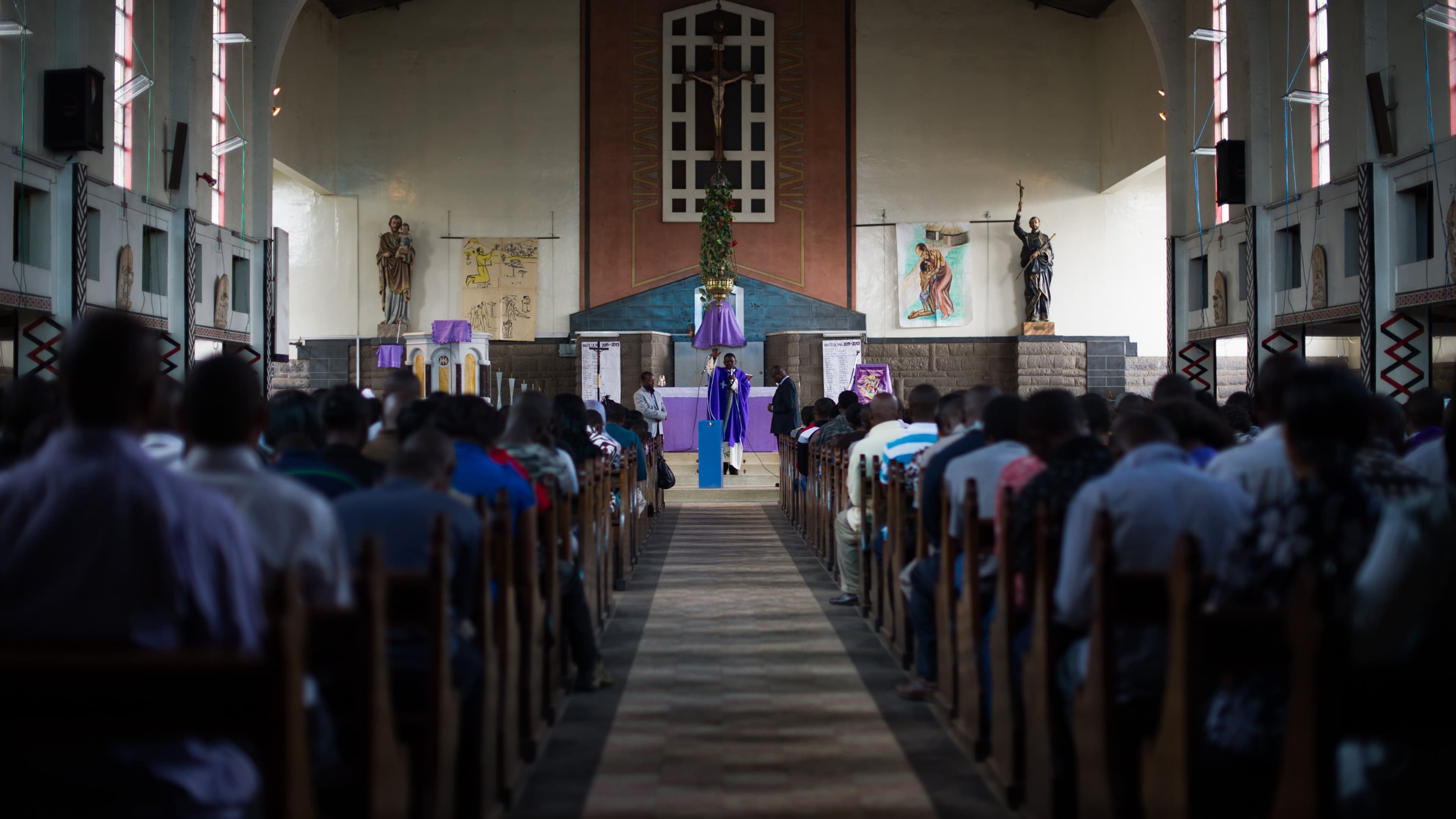We're loading the full news article for you. This includes the article content, images, author information, and related articles.
Leading church bodies have issued a sharp rebuke of the government, citing a 'culture of lies,' burdensome taxes, and escalating human rights violations, signaling a deepening rift between the State and its once-staunch religious allies.

NAIROBI – Kenya’s leading religious institutions have launched a scathing critique of the current administration, accusing it of fostering a “culture of lies,” violating human rights, and imposing crippling taxes on a struggling populace. In a series of strongly-worded statements, influential bodies including the Kenya Conference of Catholic Bishops (KCCB), the National Council of Churches of Kenya (NCCK), and the Evangelical Alliance of Kenya (EAK) have publicly condemned the government's performance, marking a significant deterioration in the historically complex relationship between the church and the state.
The most recent wave of criticism has centered on governance and economic policy. On Thursday, November 14, 2024, the KCCB accused the government of President William Ruto of perpetuating unkept promises and failing to listen to the cries of ordinary citizens. Archbishop Maurice Muhatia, the KCCB Chairman, stated that a large number of Kenyans no longer trust the government they elected. The bishops specifically highlighted what they termed the reintroduction of the rejected Finance Bill 2024 through the Tax Amendment Bill 2024, describing the current tax regime as “prohibitive and burdensome.”
Beyond economic grievances, the clergy has expressed grave alarm over the nation's deteriorating human rights record. The KCCB pointed to a pattern of abductions, extrajudicial killings, and the violent suppression of dissent, particularly targeting youth-led protests. “The life of every Kenyan matters. We must stop at the loss of any life and not simply 'move on'. Kenya deserves better,” the Catholic bishops asserted in a statement on Tuesday, June 24, 2025. This sentiment was echoed by the NCCK, which, in a pastoral letter dated December 3, 2024, noted an increase in abductions of civilians and human rights defenders, stating that Kenya's constitutional framework is under attack.
Further fueling the tensions is the proposed Religious Organisations Bill, 2024. Religious leaders from Christian and Muslim faiths have largely rejected the draft legislation, arguing it threatens freedom of worship and imposes state control on spiritual matters. Critics, including the Pentecostal Voice of Kenya (PVK), argue the bill's stringent registration requirements and vague clauses could be used to criminalize spiritual activities and silence government critics. The bill proposes a Religious Affairs Commission, which Pentecostal leaders claim is not representative and serves state interests.
The church in Kenya has historically played a pivotal role as a social and political conscience, particularly during critical moments of the nation's history. In the 1980s and 1990s, religious bodies were at the forefront of the struggle for multi-party democracy and human rights, often acting as a counterbalance to state power. However, this relationship has fluctuated, with periods of close collaboration and intense opposition. Analysts note that while President Ruto's administration enjoyed strong support from evangelical churches during the 2022 election, this honeymoon period appears to be decisively over.
The government has pushed back against the clergy's accusations. Following the KCCB's November statement, several Cabinet Secretaries and parliamentary leaders issued coordinated responses defending the administration's record in education and health, and challenging the bishops to provide evidence of corruption. President Ruto, speaking on Friday, November 15, 2024, urged leaders, including the clergy, to be “factual” in their public discourse.
Despite the pointed criticisms, church leaders have maintained a call for national dialogue. The Evangelical Alliance of Kenya has proposed a national convention to address the country's pressing issues, from healthcare and education to corruption and national cohesion. Similarly, the Inter-Religious Council of Kenya (IRCK) has warned that the nation is in a “very sad and dangerous state” due to political elites, and has offered to mediate between the government and protestors. As the standoff continues, the church's role as a powerful voice in Kenya's national conversation remains undeniable, challenging the government to address deep-seated public discontent.
Keep the conversation in one place—threads here stay linked to the story and in the forums.
Other hot threads
E-sports and Gaming Community in Kenya
Active 8 months ago
The Role of Technology in Modern Agriculture (AgriTech)
Active 8 months ago
Popular Recreational Activities Across Counties
Active 8 months ago
Investing in Youth Sports Development Programs
Active 8 months ago